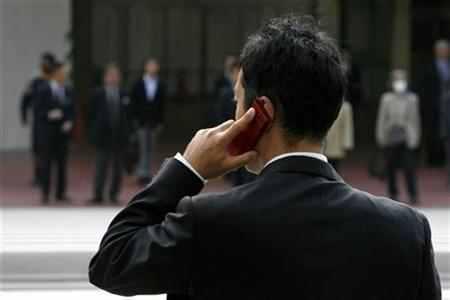
The Supreme Court on Friday decided to commence hearing from July 10 on Presidential Reference moved by government for its opinion on issues arising out of its 2G spectrum judgement including whether auctioning of natural resources across all sectors is mandatory.
A five-judge Constitution Bench headed by Chief Justice S H Kapadia issued notices to the state governments and industrial chambers Federation of Indian Chambers of Commerce and Industry and Confederation of Indian Industry and sought their responses on behalf of the private industries.
. . .
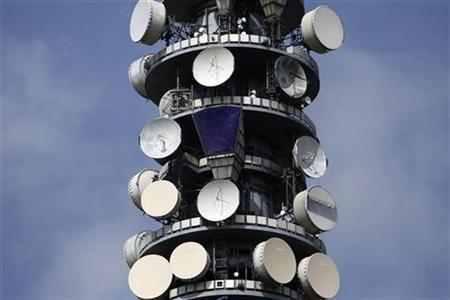
The Reference has also asked the court for its view whether the verdict in the 2G case be given retrospective effect for radio waves granted since 1994.
The court also issued notices to the NGO, Centre for Public Interest Litigation, and Janata Party president Subramanian Swamy on whose petitions a bench comprising
justices G S Singhvi and A K Ganguly (since retired) had delivered a judgement on February 2 cancelling 122 telecom licences by holding that the first-come-first-served policy was illegal and unconstitutional.
The bench headed by Justice Singhvi had held that all natural resources should be allocated through auction.
. . .
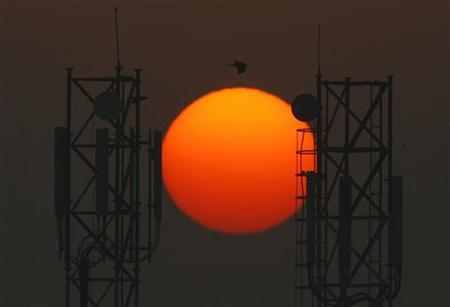
The Constitution Bench also comprising justices D K Jain, J S Khehar, Dipak Misra and Ranjan Gogoi said that the notices shall be served within a period of two weeks to the parties, including by email, fax, courier or by the messenger of the Union of India.
The bench also said the notices on the reference will be served on all states through their standing counsel.
It made it clear that for expeditious hearing of the matter, statements of fact and arguments shall be filed by the parties in the court within three weeks.
. . .
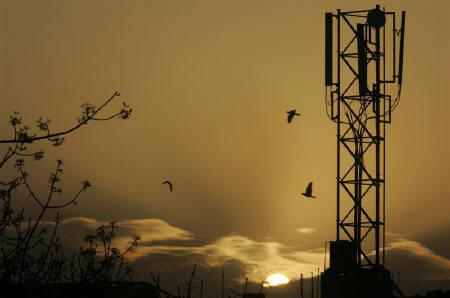
The government had on April 12 moved the Reference signed by President Pratibha Patil in which eight questions have been raised, including whether there could be judicial interference in policy matters, vis-a-vis disposal of natural resources and investments made by foreign investors under multi and bilateral agreements.
"Whether the judgement lays down that the permissible method for disposal of all natural resources across all sectors and in all circumstances is by the conduct of auction," the Reference has stated.
. . .
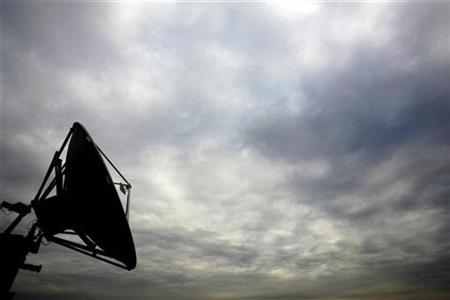
"Whether the court holds that within the permissible scope of judicial review that the policy is flawed, is the court not obliged to take into account investment made under the said policy including the investment made by foreign investors under the multi and bilateral agreements," it said.
It sought the court's opinion on "whether the judgement is required to be given retrospective effect so as to unsettle the licences issued for 2G spectrum and allocated after 1994 till 2008."
. . .
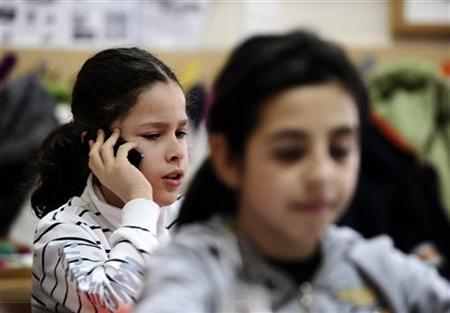
The Reference also touched upon the 3G spectrum allocated through 'auction' and wanted to know the implications of the judgement on it.
"Whether 3G spectrum acquired through the auction in 2010 by entities whose (2G) licences have been quashed in the judgement stands withdrawn," it asked.
A meeting of the Union Cabinet, chaired by Prime Minister Manmohan Singh, had on April 10 cleared the Telecom Ministry's proposal to seek the Supreme Court's opinion on various issues arising out of the February 2 judgement.
. . .
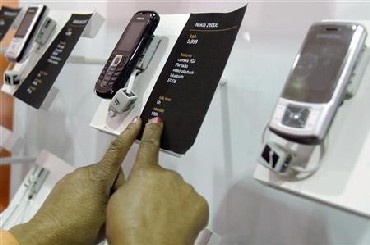
The two-judge bench, in its verdict, had also observed that auction was best suited route for allocating natural resources like telecom spectrum because the policy of first-come-first-serve was flawed.
In the Reference, the government had sought the court's opinion on the question "whether in view of the judgement the telecom licences that were granted other than pursuant to an auction (1994 licences) may be said to be granted illegally and the telecom licences granted on the principle of first-come-first-served (the 2001 basic licences and licences between 2003 and 2007) may be said to have been granted illegally".
. . .

The next question on which it sought the court's opinion was "what further steps are required to be taken by the government to deal with such licences that may be said to have been granted illegally".
It has further asked if the licences were held to be illegal, is the government required to withdraw the spectrum allocated to the existing licencees or charge them with retrospective effect and at what price and from what date.
. . .
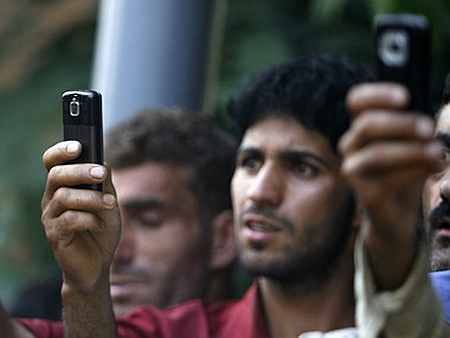
The government has sought opinion on "whether in view of the judgement, the 2008 dual technology licence may be said to be illegal."
It has also sought the court's view that if the dual technology licences are to be considered illegal, what steps are to be taken by the government.
Another question on which the court's view has been sought is whether auction is the only legitimate mode of allocation of bands where there may not be competition like in CDMA and where Telecom Regulatory Authority of India made recommendation in WLL.